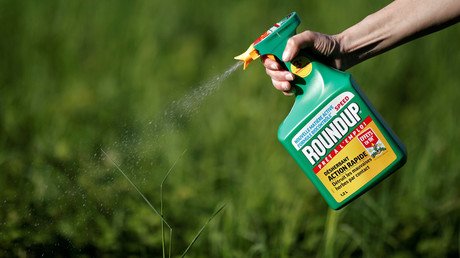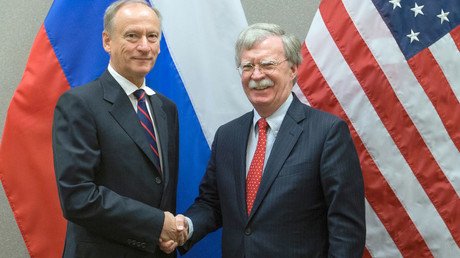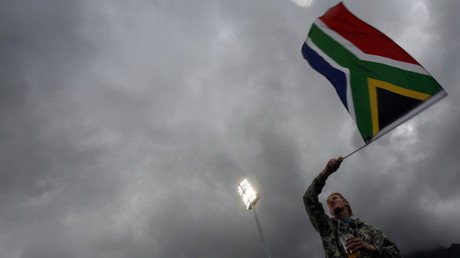Vietnam demands Monsanto compensate Agent Orange victims after US cancer ruling precedent
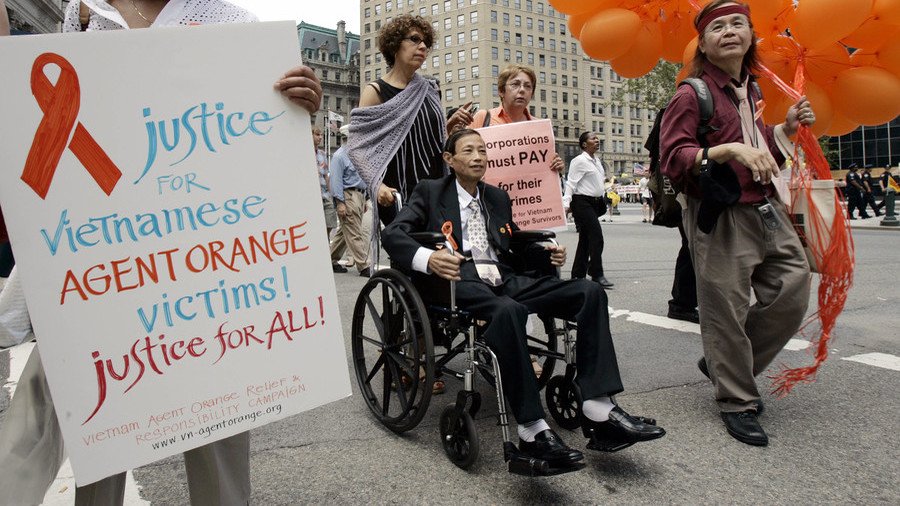
Following the unprecedented $289mn verdict against Monsanto in California, Hanoi is seeking justice for victims of exposure to the Agent Orange – the notorious chemical the firm supplied to the US military during the Vietnam War.
After a San Francisco jury proved Monsanto not invincible and ordered the chemical giant to pay $289 million to a school worker who argued he got terminal cancer after using its Roundup herbicide, Vietnam has also demanded compensation from the St. Louis-based company.
“The verdict serves as a legal precedent which refutes previous claims that the herbicides made by Monsanto and other chemical corporations in the US and provided for the US army in the war are harmless,” deputy foreign ministry spokesperson Nguyen Phuong Tra said Thursday. “Vietnam has suffered tremendous consequences from the war, especially with regard to the lasting and devastating effects of toxic chemicals, including Agent Orange.”
Around three million people in Vietnam were exposed to Agent Orange during a brutal chemical warfare campaign between 1961 and 1971, in which 12 million gallons of herbicide produced by Monsanto Corporation, among others, were dropped over the jungle to defoliate it. Because of such a high level of exposure to dioxin, a byproduct found in Agent Orange, millions of Vietnamese continue to suffer health conditions, often resulting in deformities which are passed through gene mutations to future generations.
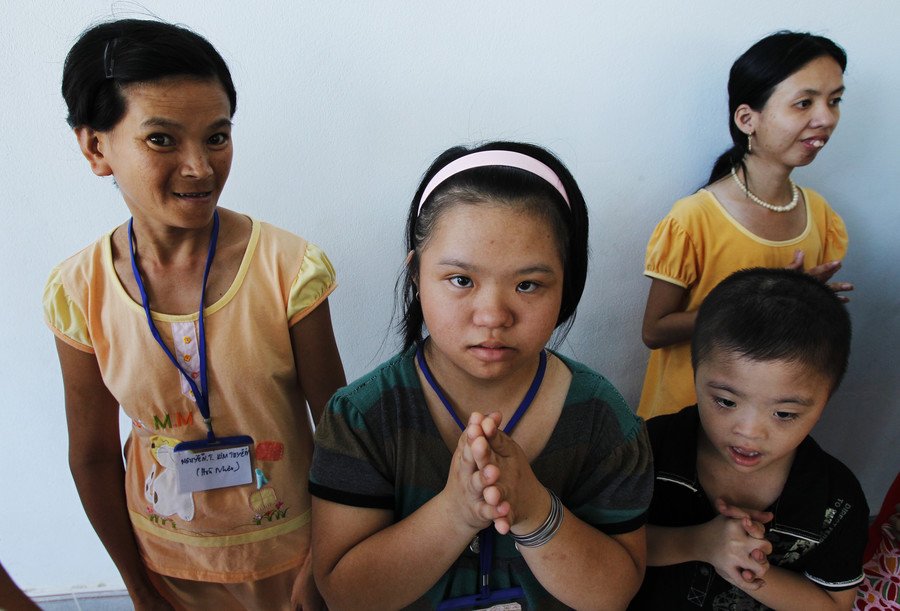
Monsanto, which has never acknowledged its role in the devastation, argues that Agent Orange “was only produced for, and used by, the government,” noting that Monsanto was just one of nine wartime government contractors who manufactured the same toxin from 1965 to 1969.
READ MORE: Agent Orange victims in Air Force Reserve now eligible for compensation
Monsanto was acquired by German giant Bayer AG in June, in a merger deal valued at $66 billion. Following the cancer compensation verdict, shares in the pharmaceuticals company took an enormous hit. Luckily for US markets, though, since Bayer is now the sole owner of Monsanto, it is no longer traded on the New York Stock Exchange. Meanwhile, lawsuits against Monsanto surged from 5,200 to 8,000, requiring the new owner to engage in costly legal battles.
While the US Environmental Protection Agency (EPA) maintains that glyphosate (the active ingredient in Monsanto’s Roundup) is not carcinogenic, the European EPA labeled it a carcinogen in 1985, but reversed its position in 1991. The company itself maintains that no clear position on glyphosate exists in the scientific community, and that more research is needed. The World Health Organization’s cancer research agency classified glyphosate as “probably carcinogenic to humans” in 2015.
Meanwhile, Bayer announced that it will appeal the August 10 verdict that found Monsanto liable for cancer due to prolonged exposure to the company's glyphosate-based product. “We believe it is wrong,” Werner Baumann, chief executive officer of Bayer AG, noted. The firm said its position on glyphosate is “supported by 800 studies and reviews done over many decades.”
“They conclude glyphosate can be used safely and does not cause cancer. Farmers and growers have been using glyphosate safely and effectively for more than 40 years,” it said.
Think your friends would be interested? Share this story!
